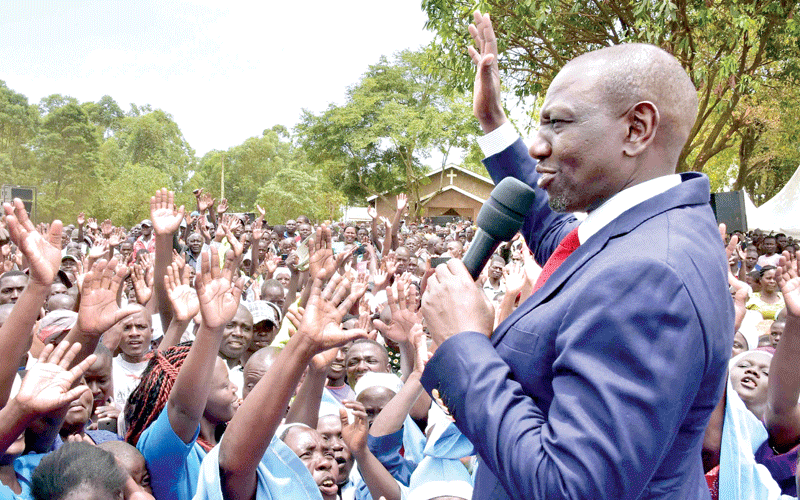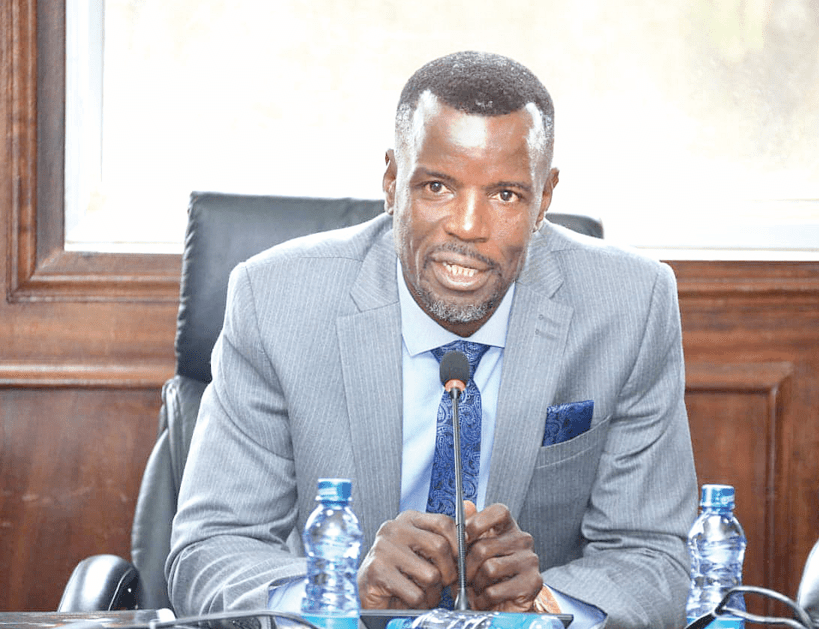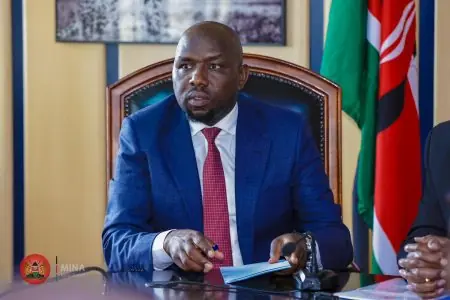What is the bigger picture with hustler nation?

The ‘Hustler Nation’ narrative has gained traction and there seems to be some silent unanimity that it is a big movement and Kenyans are buying into it.
In fact, it is futile to try and define the hustler from the dictionary meaning.
The operational definition outside there is no longer what you will find in the dictionary and it appears the Deputy President and his people have done an amazing job in giving the term a meaning that resonates with their target audience.
Granted, the deconstruction of the term is proving to be an exercise in futility, because the target might not have seen the bait, yet they are ingesting it hook, line and sinker.
It is important to unpack the hustler narrative along two critical themes.
The foremost and de facto theme is this misconception that a few individuals, in reference to the BBI, are creating positions for themselves at the expense of the mwanaichi.
The BBI proposes a number of things and whether our leaders agree on all of them or not is immaterial because at the end of the day, it is the people who will decide.
In fact, the people already voiced their desires; for instance, elections have been characterised by tension and sometimes violence that has left dead, maimed and crippled.
And if in their own wisdom a majority of Kenyans make an informed choice on the structure of leadership that is democratic and that, at the same time, does not squash aspirations of ‘a people’, especially if their aspirations rest in a losing presidential candidate who garners votes from almost half of the country; then their wisdom should be respected.
Whatever positions BBI will create may certainly not a big ask if the trade-off is an economically and culturally inclusive political culture and the last nail on the coffin that buries electoral and political violence.
In fact, these positions will come with some sense of responsibility that office holders will have to deliver to Kenyans.
The second misconception is the muted discussion on what is in BBI for the common citizenry.
Well, the most obvious answer is the devolution of 35 per cent of resources, which will be entrenched in our laws.
The import of having that in the constitution cannot be gainsaid.
First, this would be enforceable by law and not be pegged on the goodwill of the head of the executive, and governors will have no time to beseech the national government for favours.
Number two, counties will probably have substantial amounts to invest in infrastructure and we will avoid the benevolence of politicians running around with handouts in the name of empowerment.
In fact, the culture of empowerment can be traced to two schools of thoughts in a far as governments role in development is concerned.
The most practical one if I use the highway analogy holds that government builds the highways and provides the socioeconomic framework that allows as many people as possible to buy cars and make use of the highways.
The second one and probably one politicians love is government investing very little or has no clear policy on building the highways, but a few individuals within government dish out cars to a few citizens who get excited but the cars end up serving very little in terms enabling micro and macroeconomic development.
In the second school of thought, the enabling environment is nonexistent and even with freebies from the politicos the end result does not change lives or address the plight of the masses.
This second school of thought is the hustler nation’s mantra.
Now with 35 per cent devolved resources, a lot more of developmental resources will be closer to the people to boost the capacity of locals in different counties.
It will help governors invest in socioeconomic structures that are equivalent to the highways in the first school of thought.
Without structure that addresses themselves to the needs of the people, we will perpetually continue in this cycle of piecemeal handouts.
Even mama mbogas and mkokoteni folks want an environment that would scale up their businesses and a value chain that can guarantee higher returns on investment. —The writer is a PhD candidate in political communication











